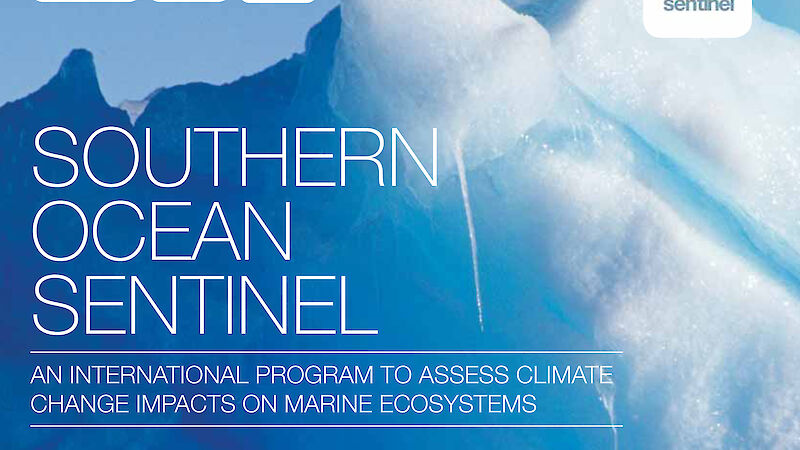The Southern Ocean Observing System (SOOS) aims to coordinate and enhance international research efforts to gather data from the Southern Ocean. This data includes long-term observations of the physics, chemistry, geology and biology of the Southern Ocean, which can be shared amongst the international scientific community to advance understanding of the Southern Ocean now, and as the climate changes. This work will in turn assist policy-makers and managers to anticipate and address conservation and management issues.
The Australian Antarctic Division is playing a key role in SOOS, with a number of scientists leading or participating in regional and capability working groups. Regional Working Groups are responsible for determining how best to coordinate and standardise data collection in a region, and identify gaps in data and how to fill them. They are supported by Capability Working Groups, which assess existing and future capabilities and technologies to collect and disseminate data.
The SOOS is complemented by another long-term program, Integrating Climate and Ecosystem Dynamics (ICED). ICED is one of four regional programs in the international Integrating Marine Biogeochemistry and Ecosystems Research (IMBER) program. It aims to understand climate interactions in the Southern Ocean, the implications for ecosystem dynamics, and the impacts on biogeochemical cycles, and to develop management procedures for the sustainable exploitation of living resources. The modelling work conducted through ICED will be directly relevant to observing system design in SOOS.
A Southern Ocean Sentinel program, initiated by the Australian Antarctic Division in 2009, is part of ICED and aligns directly with the work of SOOS. Read more about the Sentinel program using the links below. The main report is based on presentations, discussions and outcomes of an international workshop ‘Monitoring climate change impacts: Establishing a Southern Ocean Sentinel program’ held in Hobart in 2009.
- Southern Ocean Sentinel report PDF on the rationale and work program
- Conclusions PDF from the Southern Ocean Sentinel workshop
- Abstracts and speaker biographies PDF from the Southern Ocean Sentinel workshop

